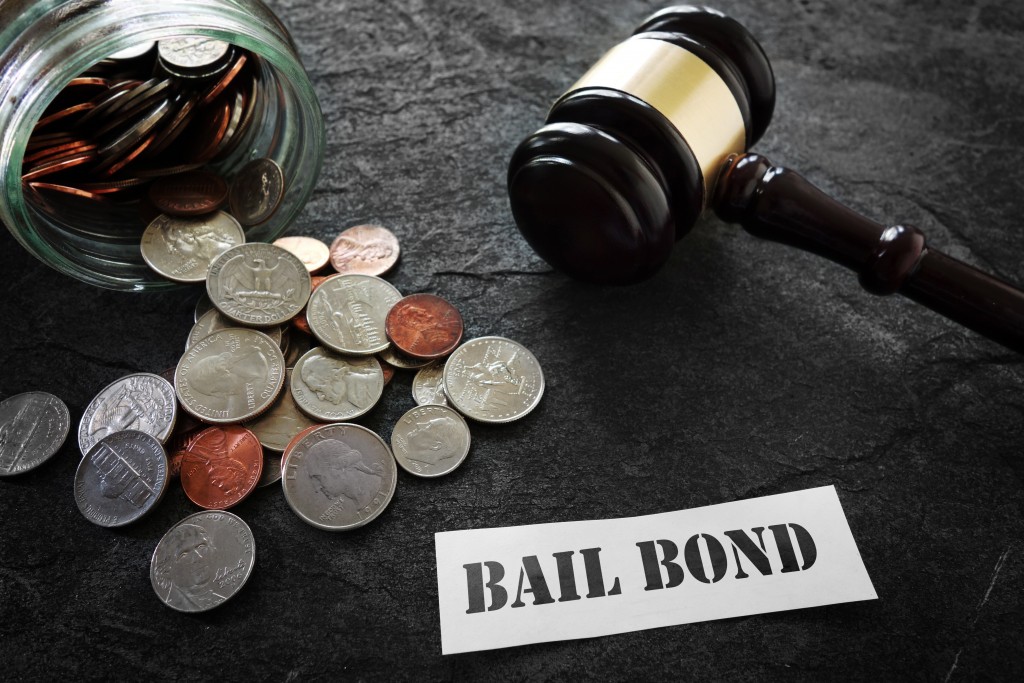The first time is when you got arrested. You were booked, bail is set, you get a bondsman and bail is paid, the court hearing is set and you are temporarily free. Then you jump bail and the hunt is on.
You are in big trouble now. Not only do you need to contend with the legal system and the complainant of the first case, you now have a second case—the bail skipping charges and the ire of the bail bonds company in Concord, North Carolina or wherever you were arrested.
This happens to many people across the country. If this is all new to you, this is how it works:
The bail system and the bail bondsman
When you are arrested, the police will take you to the police station where your case will be processed. You will be given an option—post bail or spend the remainder of the time in jail until your court hearing. Most people post bail and this is where the bail bondsman comes in.
The bail bondsman’s end of the deal is as follows: Your family or friends will go to a bondsman with the cost of bail. After signing some papers with your loved ones, the bondsman will then go to the court cashier to pay the 10% of the bail. He or she will bring the receipt to the holding facility for your release.
Bail jumping

Bail jumping is the recourse for some alleged criminal who attempts to circumvent the law by not showing up to the hearing and avoiding a trial and a sentence. If a defendant fails to appear in court on a specific time and date, that constitutes a bail jumping offense. This act forfeits the 10% (of the bail) that was originally paid to the court cashier.
The bail is now in default. The law states that the responsibility of paying the full amount of the bail falls on the bondsman now, and he wouldn’t do that. Instead, he would call on fugitive recovery agents or commonly known as bounty hunters.
Bounty hunters
The lore of the lone bounty hunter perpetuated in Hollywood has lent an air of mystery to this often misunderstood character. But the opposite is true. Bounty hunters these days are fewer, as there are fewer states where they can practice this profession. So, how do they do it?
When contacted by a bondsman, a bounty hunter receives a power of attorney from the bail bondsman to bring back the fugitive—for a price, typically a percentage of the bail. They are a unique breed because they are not law-enforcement officers yet they can go inside a suspect’s home even without a warrant. They are authorized to use any means necessary to effect an arrest and can cross state lines, provided they have the bail paperwork. But they need to exercise caution, as each state and county has varying laws regarding bounty hunting.
Some bounty hunters were former police officers while others just took a few courses online, but they have equally been proven to track down jumpers. In most states, bail bondsmen have a six-month window to recover the fugitive and bring them back for prosecution.

